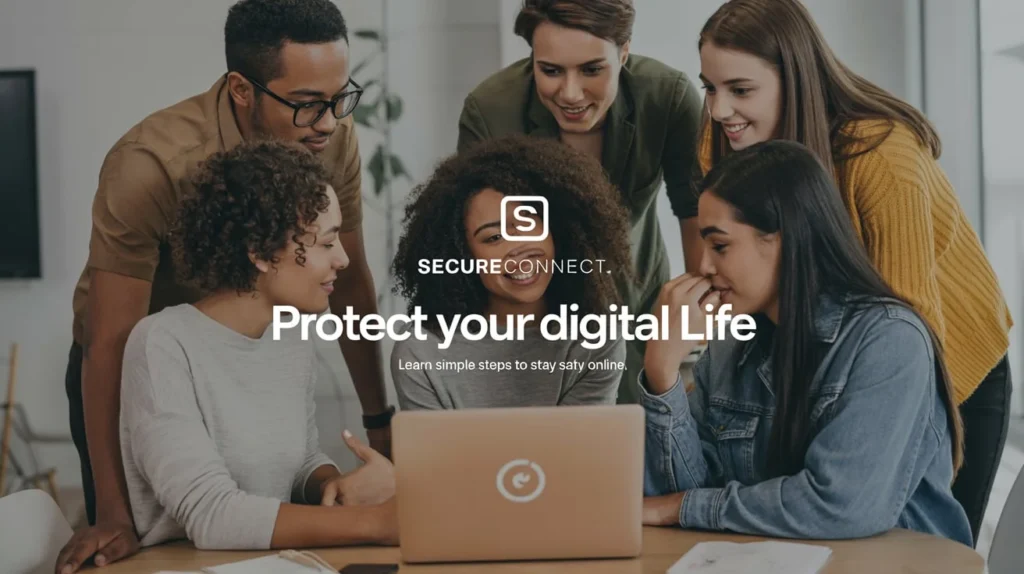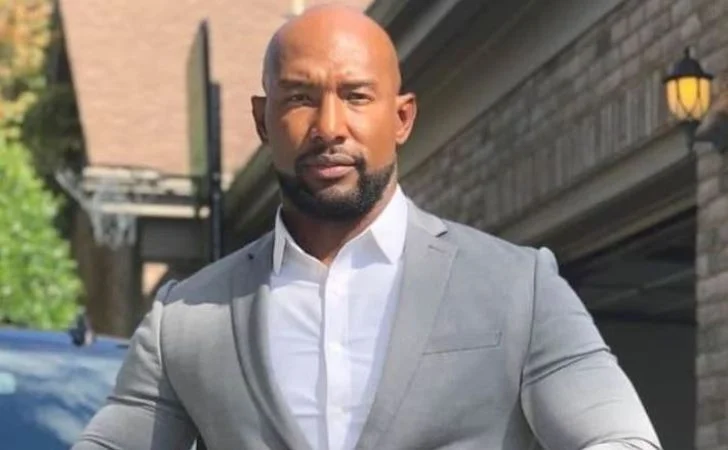Her debut single “Luna Llena” has garnered over 130 million YouTube views and debuted at number 27 on the Billboard Hot Latin Songs chart. However, privacy concerns emerged when Malu Trevejo created an OnlyFans account on her 18th birthday, rapidly accumulating over 37,000 subscribers within just one week.
Furthermore, this case highlights the broader dangers you face in today’s digital landscape, where the line between public performance and privacy violations grows increasingly blurred. Understanding these risks is essential for protecting your digital footprint.
Expert Warns Public About Rising Online Privacy Violations
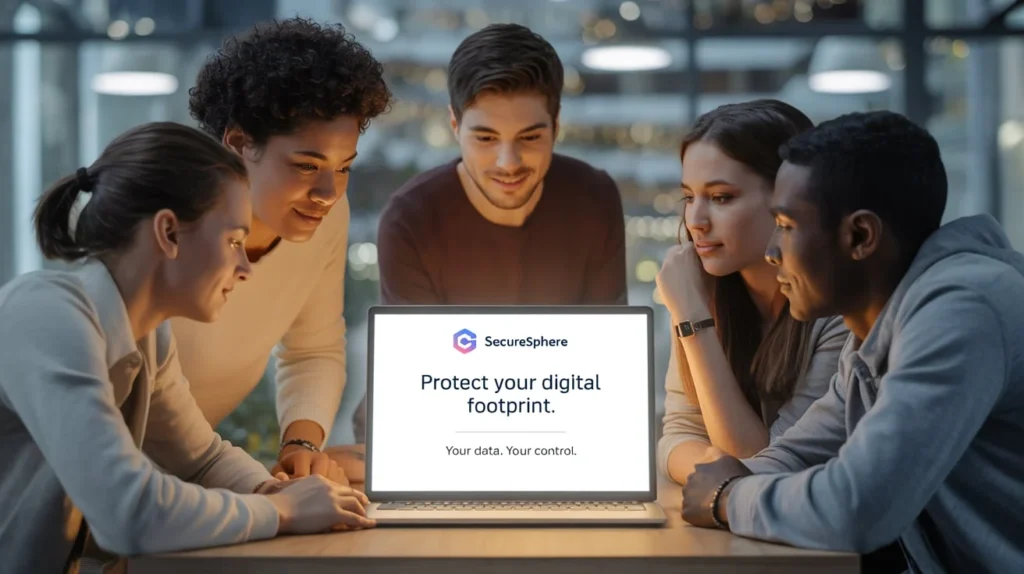
Social media privacy experts are sounding the alarm as platforms continue harvesting unprecedented amounts of personal data. According to recent findings, social media companies collect vast quantities of sensitive information about your activities, interests, personal characteristics, political views, and online behaviors. This excessive data collection enables platforms to algorithmically drive user engagement and sell behavioral advertising, often with discriminatory impacts.
Why Users Must Reclaim Digital Control, Say Social Media Safety Experts
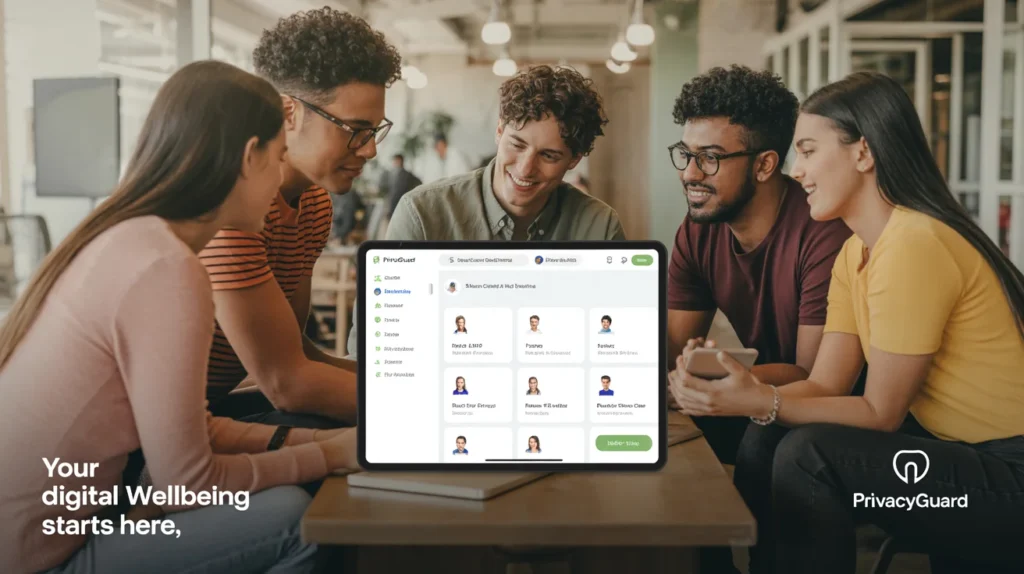
Research indicates 91% of Americans agree they have lost control over how their personal information is collected and used. Moreover, only 9% of social media users feel very confident that companies will protect their data.
This skepticism appears justified as a recent FTC report revealed major social media companies engaged in vast surveillance of consumers while failing to protect users, especially children and teens, adequately. What’s particularly concerning for Malutrevejo fans and general users alike is that many platforms retain your information long after you believe you’ve severed ties.
Facebook, Instagram, YouTube, and Discord keep users’ data for 180 days after account deletion. During this extended retention period, your information remains vulnerable to breaches or unwanted disclosures.
The threat landscape continues to evolve with practices like doxing, the intentional sharing of personal files or private information online without consent. Consequently, privacy advocates recommend limiting the sharing of personal information across platforms, securing all online accounts with multi-factor authentication, and being especially vigilant regarding what you search for, whether it’s Malu Trevejo, malu trevjo, or any other personality.
Malu Trevejo Case Highlights Dangers of Oversharing
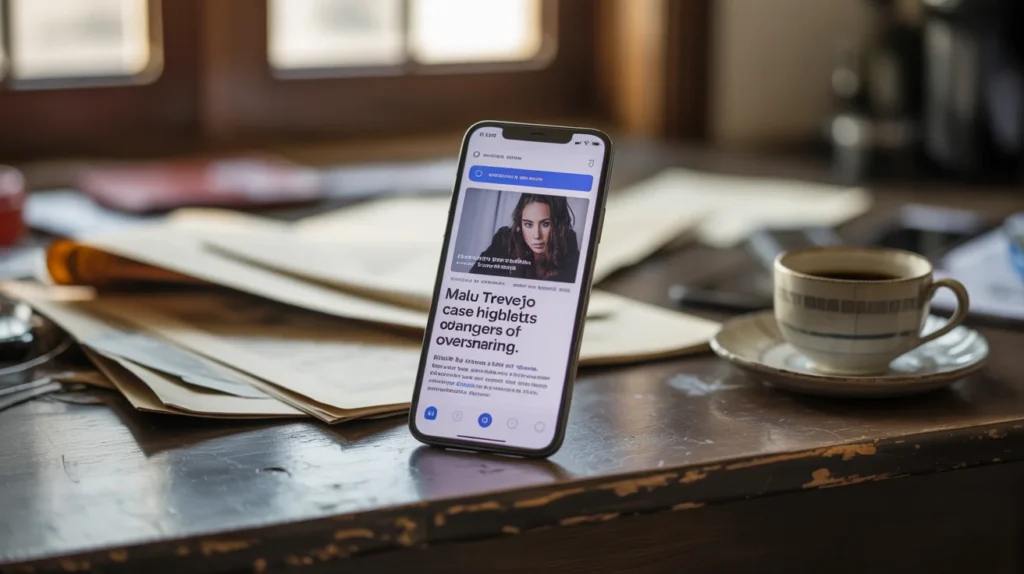
The recent leak involving Malu Trevejo’s private content has become a textbook example of digital privacy hazards. The incident occurred when her videos were distributed across Twitter, Instagram, and even adult websites without her consent. This unauthorized sharing represents a serious privacy violation with far-reaching implications.
A survey by the Pew Research Center found that 64% of Americans believe social media companies fail to protect user data adequately. Indeed, the consequences of such breaches extend beyond mere embarrassment. For Trevejo, the leak has significantly impacted her brand, leading to feelings of betrayal, shame, and violation. Professionally, this exposure has jeopardized future collaborations and sponsorships, as companies hesitate to work with creators whose content might be compromised.
The Trevejo case illustrates what privacy experts call the “Mosaic Effect” – when seemingly harmless pieces of information collectively create a revealing picture about an individual. Once posted online, such information cannot be fully retracted. Even if a post is deleted, screenshots can preserve it indefinitely.
Legally, invading someone’s privacy or leaking private information constitutes a serious offense that may result in both civil and criminal charges. The Digital Millennium Copyright Act allows creators to submit takedown notices, but this provides only limited relief after a breach has occurred.
From an ethical standpoint, the incident raises critical questions about consent and digital dignity. The unauthorized sharing of Trevejo’s content underscores the need for stronger data protection rules in online spaces. This case serves as a cautionary tale about the potential risks of oversharing, even for public figures with millions of followers.
The Trevejo situation highlights broader implications for both entertainment and social media industries, emphasizing the urgent need for robust security measures and enhanced privacy protections in our increasingly digital world.
What Can Users Do to Protect Their Digital Privacy?
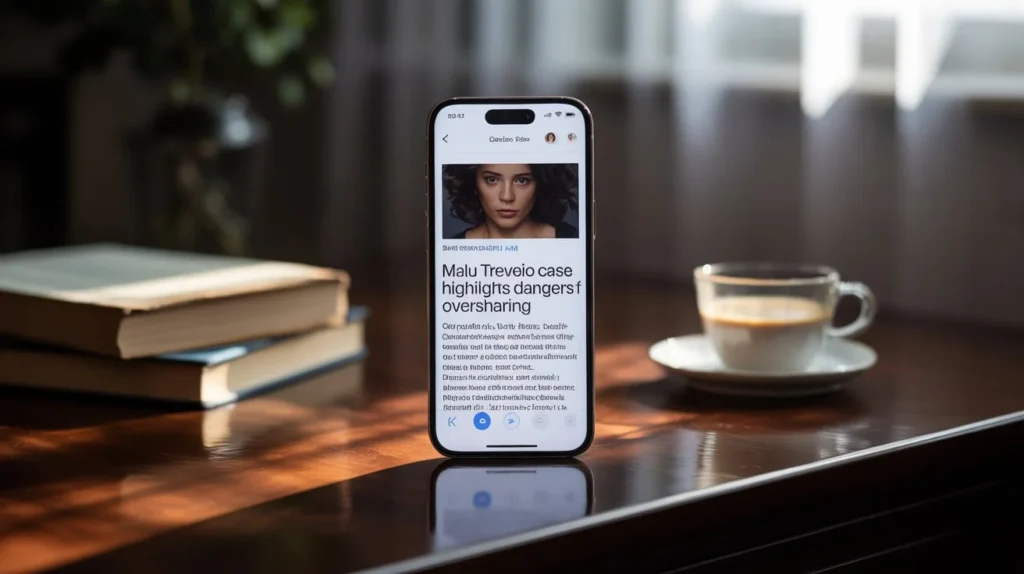
Enabling two-factor authentication (2FA) provides crucial additional protection. When set up, 2FA requires a second verification method beyond your password, making your accounts significantly less likely to be hacked.
Options include:
- Verification codes via text message or email
- Authentication apps (Google Authenticator, Microsoft Authenticator)
- Security keys (physical devices offering the strongest protection)
To limit data collection, regularly review app permissions. Many apps collect sensitive information, including health data, location, and contacts. Be suspicious of every app and deny access to any data you don’t wish them to have.
As a general rule:
- Only install apps you need
- Remove unused apps
- Manage permissions and limit data access
On social media platforms, set accounts to private and customize privacy settings. Before posting content, consider where that data will live and who can see it. Always lock your device when not in use to prevent unauthorized access.
Using a password manager allows you to maintain unique, complex passwords without memorizing them; all you need to remember is one master password. Above all, be cautious about phishing attempts in social media feeds and messages.
For secure communications, use end-to-end encrypted messaging apps like Signal or WhatsApp. Also, consider turning off ad personalization whenever possible to reduce invasive tracking.
Conclusion
The digital age presents unprecedented challenges to personal privacy, as shown through cases like Malu Trevejo’s content breach. Her experience serves as a stark reminder that once information enters the digital realm, control over that content diminishes significantly. Therefore, your vigilance must extend beyond casual browsing habits to comprehensive security practices.
Strong passwords, two-factor authentication, regular permission reviews, and privacy-focused browsing habits work together as your first line of defense. Additionally, careful consideration before sharing any personal content might prevent devastating privacy violations. After all, even deleted content often lives on through screenshots and cached versions.
